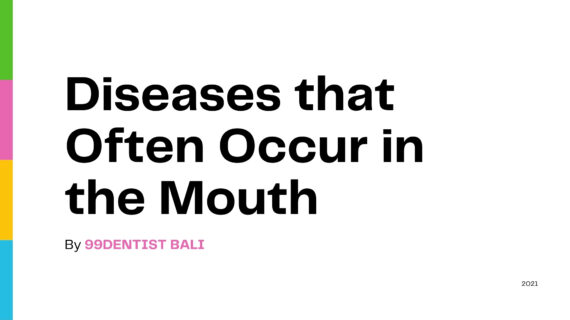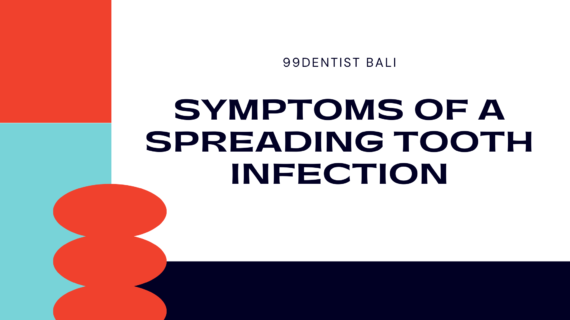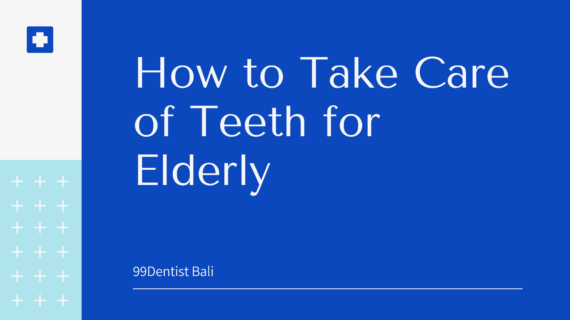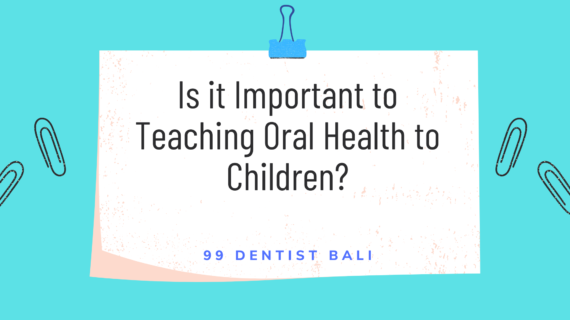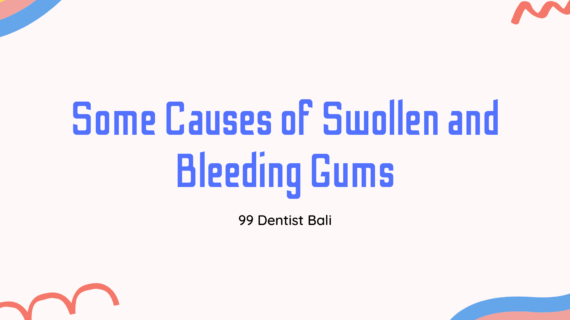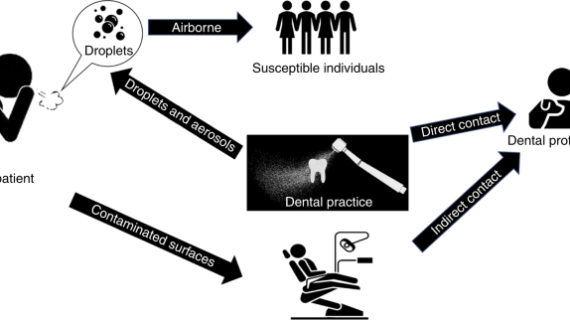Risk of Tartar – The first thing you notice about someone you meet is the smile on their face. Apart from the obvious aesthetic value of having healthy teeth, there is also a medical value that you cannot ignore.
Taking care of your teeth is an important aspect of taking care of your body. Start by making sure that the tartar that builds up on your teeth is removed regularly. This is to ensure there is no decay in your oral cavity.
Tartar is dental plaque that hardens and grows little by little on your teeth. Initially, dental plaque forms when bacteria in the mouth mix with protein and food debris. If you don’t clean it, then the plaque can cause tartar.
Tartar if left unchecked and not treated immediately, then irritation and inflammation of the teeth and gums will appear more easily.
Also Read Risk of Ignoring a Tooth Abscess for Your Healthy
So, what exactly is tartar?
According to NewMedical.net , Tartar is also known as plaque and is called dental calculus when it calcifies. This is a sticky film that covers your tooth enamel. Tartar is formed when the bacteria present mixes with proteins and other food particles that are left in the mouth. Here’s how the plaque formation process works.
The first layer of the acquired pellicle is attached to the tooth, which is the protein coat of saliva. Then a layer of facultative gram-positive cocci covers the pellicle and begins to colonize the tooth surface. More forms of bacteria are attracted to bacterial colonies, such as Veillonella, Actinomyces, and Capnocytophaga.
Foods That Help Tartar Form
Foods with high sugar concentrations that are not cleaned from the teeth have bacteria that eat them. This is likely to release digestive acids that attack tooth enamel, which in turn creates plaque or tartar. This means that candy, ice cream, cakes with frosting are all foods that promote tartar formation.
Chocolate, sugary drinks, milk-based drinks with added sugar, sweetened fruit juices, pastries, pies, and puddings should all be avoided or eaten in moderation to avoid tartar build-up. Other foods with a high sugar content such as jams, honey, marmalade, sugary breakfast cereals, sorbets, fruit in syrup, and sweet sauces should also be avoided.
Tartar removal
You cannot remove tartar, or calculus, on their own at home. Tartar is hard, and if you try to scratch or remove it it can damage your teeth.
Dentists can remove tartar with professional cleaning. Usually, they will recommend scaling and root planning. This procedure will help you remove plaque and tartar under the gums to prevent additional buildup.
If one notices calculus, it is important to continue brushing and flossing regularly. Tartar can make it difficult to remove plaque, so focus on daily flossing and brushing the gum line. A dentist may also recommend certain toothpaste formulations.
The risk of tartar that could be happen
The most common effect of having tartar is the process of teething and flossing is not effective. Disturbances in these teeth will facilitate the process of solving dental problems caused by acids and released by oral bacteria. This will facilitate the emergence of cavities or tooth decay.
Other risk of tartar effects are as follows:
1. Become a breeding ground for bacteria
Overall, tartar has serious effects on oral health especially if it grows above the gum line. This is because this is the right place for bacteria to nest, then infiltrate the gums, causing them to break down, causing irritation and inflammation.
2. Causes gingivitis aka inflammation of the gums
One of the most common effects of tartar is the occurrence of gingivitis, aka inflammation of the gums. After gingivitis occurs, while tartar remains, the gums are just waiting for periodontitis to develop. This disease is in the form of pockets of pus that arise between the gums and teeth.
3. Increase the risk of tooth loss
When the body’s defense system reacts against bacteria in the pocket of pus, the bacteria will also release self-defense substances at the same time. As a result, the teeth and surrounding tissues can be damaged. If it continues, then be prepared to lose teeth, as well as experience thinning of the bone where the teeth are embedded.
How to protect your teeth from that Tartar?
Some actions that can be taken so that tartar does not run rampant in the mouth so that its bad effects can be prevented, including:
1. Brushing teeth
Brushing your teeth twice a day for at least two minutes is considered to be able to prevent the growth of tartar. Use a soft toothbrush that can reach the back of the molars.
Use toothpaste that contains fluoride
Toothpaste containing fluoride is thought to be able to prevent plaque from developing into tartar. This type of toothpaste is also more effective in repairing damaged tooth layers. It would be better if the toothpaste used also contains triclosan which is able to fight bacteria that live in dental plaque.
2. Flossing
Cleaning your teeth with dental floss or flossing is the most effective solution to remove plaque that is between your teeth, thereby reducing the possibility of tartar forming. Flossing still needs to be done, even though you have brushed your teeth regularly.
3. Reduce sugary foods and drinks
The bacteria in the mouth is closely related to the type of food consumed. They thrive when sweet and starchy foods are consumed. Bacteria will release harmful acids when they meet the two types of food above. The best way to reduce the chances of tartar forming is to limit these types of foods.
4. Avoid smoking
Smoking habits facilitate the formation of tartar.
Conclusion
Removing tartar and plaque can reduce the risk of tartar and severe dental and other health problems.
Brushing your teeth regularly can reduce the amount of plaque a person has. However, to remove tartar, one has to go to the dentist.
People who suspect they may have gum disease should seek immediate dental care, whether they believe they have plaque, tartar, or both.
References
- https://www.news-medical.net/health/What-is-Tartar.aspx
- https://www.medicalnewstoday.com/articles/plaque-vs-tartar#summary
- https://www.alodokter.com/apa-saja-efek-karang-gigi-dan-cara-mencegahnya
- https://stoneytraildental.ca/blog/the-negative-effects-of-tartar-and-how-you-can-avoid-it/
- https://crest.com/en-us/oral-health/conditions/tartar-plaque/plaque-tartar-causes-prevention-removal


